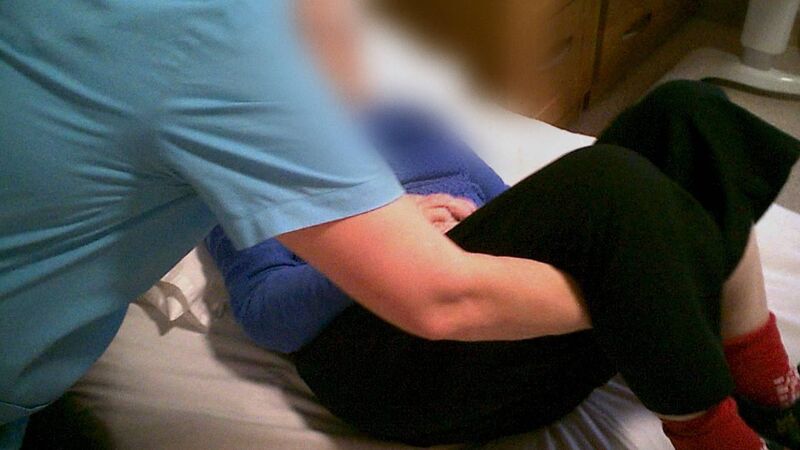Business ideology has no place in care services and social work

Abuses of the type revealed in ‘RTÉ Investigates: Inside Ireland’s Nursing Homes’ are fostered and perpetuated by a focus on box-ticking corporate compliance, rather than tangible outcomes of good person-centred care. Picture: RTÉ
A recent Hiqa report highlighted concerns around timely interventions for children at risk of abuse in an area of Dublin.
One of the primary issues highlighted as contributing to these concerns was the negative impact of staffing levels on the particular service’s ability to deal with the demands placed upon it.















